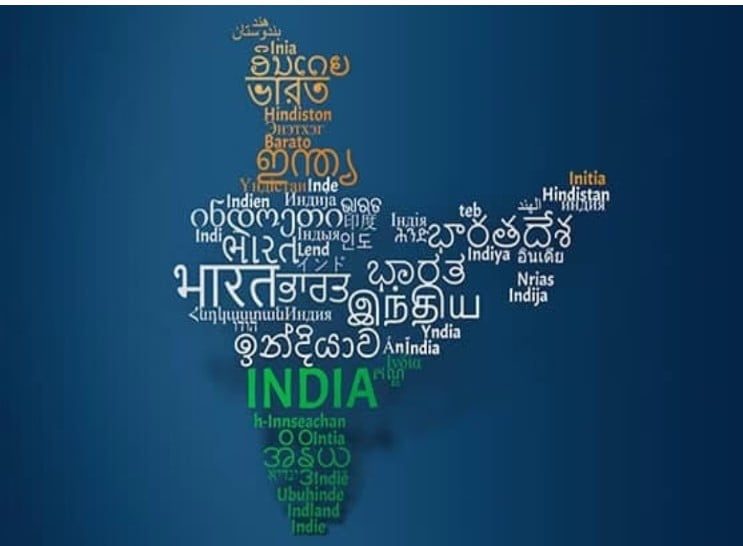As the Maharashtra Assembly elections approach, the central government is poised to amend the criteria for granting classical language status, a demand that has persisted for over a decade, particularly for Marathi.
Government’s Plan to Update Criteria
The Union Culture Ministry’s Linguistics Expert Committee submitted a report on October 10 last year, proposing revisions to the criteria for designating a language as classical. Sources within the ministry confirmed that the Centre initiated this review, first discussed in a meeting on June 21, 2023. The revised criteria will be formalized through a gazette notification upon approval by the Union Cabinet. This implies that languages currently under review, especially Marathi, may have to wait until the new standards are officially implemented.
Composition and Role of the Expert Committee
The Linguistics Expert Committee, chaired by the president of the Sahitya Akademi, includes representatives from the Union Ministries of Home and Culture and several linguistic experts. Their role is to assess languages against the government’s criteria for classical status.
Current List of Classical Languages
India has six officially recognized classical languages: Tamil, Sanskrit, Telugu, Kannada, Malayalam, and Odia, with the last addition in 2014.
Longstanding Demand for Marathi
Over the years, there has been a growing clamor for the classical status of languages such as Marathi, Bengali, Assamese, and Maithili. Marathi’s case has been particularly prominent, with a committee led by Prof. Ranganath Pathare concluding in 2014 that Marathi met all necessary criteria. Successive Maharashtra governments and MPs have repeatedly lobbied for this recognition, with assurances from the Centre that the matter is under active consideration.
Existing Criteria for Classical Language Status
To qualify as a classical language, a language must meet several criteria:
- High antiquity of early texts/recorded history spanning 1,500-2,000 years.
- A significant body of ancient literature or texts regarded as a valuable heritage.
- An original literary tradition not borrowed from another community.
- Distinctness from modern forms, with possible discontinuity between classical and later stages.
Once designated, the Ministry of Education supports the language through annual international awards, centers of excellence, and professional chairs in Central universities.
Political Implications in Maharashtra
The upcoming Maharashtra Assembly elections in October have intensified the political momentum for Marathi’s classical status. Congress general secretary Jairam Ramesh recently highlighted the decade-long delay in a social media post. Meanwhile, the Shiv Sena-BJP government formed a “persuasion” committee four months ago, led by former diplomat Dnyaneshwar Muley, to expedite the process with the Centre. Committee member Lakhshmikant Deshmukh emphasized that for Maharashtra, securing classical status for Marathi is a matter of pride rather than financial need.

Sunil Garnayak is an expert in Indian news with extensive knowledge of the nation’s political, social, and economic landscape and international relations. With years of experience in journalism, Sunil delivers in-depth analysis and accurate reporting that keeps readers informed about the latest developments in India. His commitment to factual accuracy and nuanced storytelling ensures that his articles provide valuable insights into the country’s most pressing issues.



